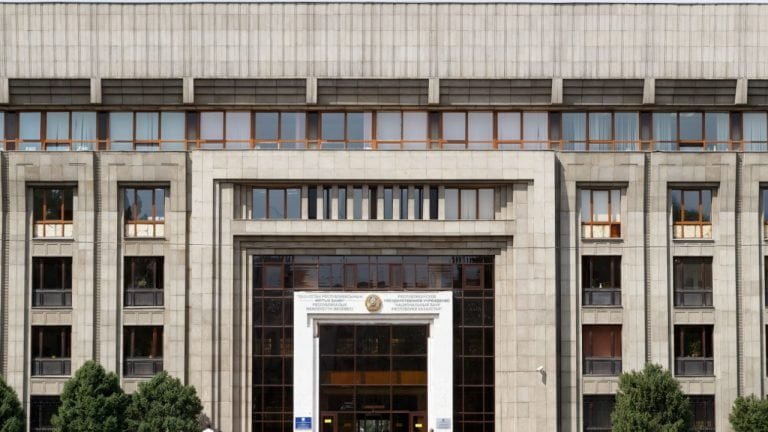National Bank of Kazakhstan Publishes Whitepaper for Digital Tenge – The National Bank of Kazakhstan (NBK) has announced the completion of the second stage of testing for its central bank digital currency platform (CBDC). The results of the experiments and the investigation on the need for a new form of the national fiat, the tenge, have been released in a whitepaper by the regulator.
The first phase of the pilot was carried out between July and December 2021, when a prototype was constructed to test the viability of the CBDC concept, according to a release cited by RBC Crypto. The platform was fine-tuned and trials involving financial market companies and users began during the second stage, which ran from January to December 2022.
People Also Read: Brazil Could Launch Its Defi-Integrated Digital Real In 2024
The research, according to the bank, has verified that the digital tenge is a viable project. Once implemented, the CBDC can expand the availability of financial services, particularly by enabling offline transactions and the introduction of new products and services. According to a consumer poll, the majority of people would use the coin.
The third phase of the digital national currency’s introduction will begin in January and last until 2023. Developers intend to release a commercial solution next year. The NBK will invite more participants and provide new services during the fourth stage, which is set to expire in December 2025.
Binance founder and CEO Changpeng Zhao revealed on Twitter in October that the NBK intends to implement the digital tenge using the Bnb Chain. The world’s largest crypto trading platform has been awarded a license to operate out of the Astana International Financial Center (AIFC), the country’s financial capital, as a provider of exchange and custody services for digital assets.
People Also Read: Bank of Spain to Launch Experimental Wholesale CBDC Digital Token Program
Authorities in Kazakhstan, which has become a key mining hub since China cracked down on the business in 2021, have also been attempting to more comprehensively regulate cryptocurrency-related activity. Earlier in December, the Mazhilis, the lower house of parliament, enacted a dedicated measure that, in addition to mining, addresses crypto trade and taxation.




